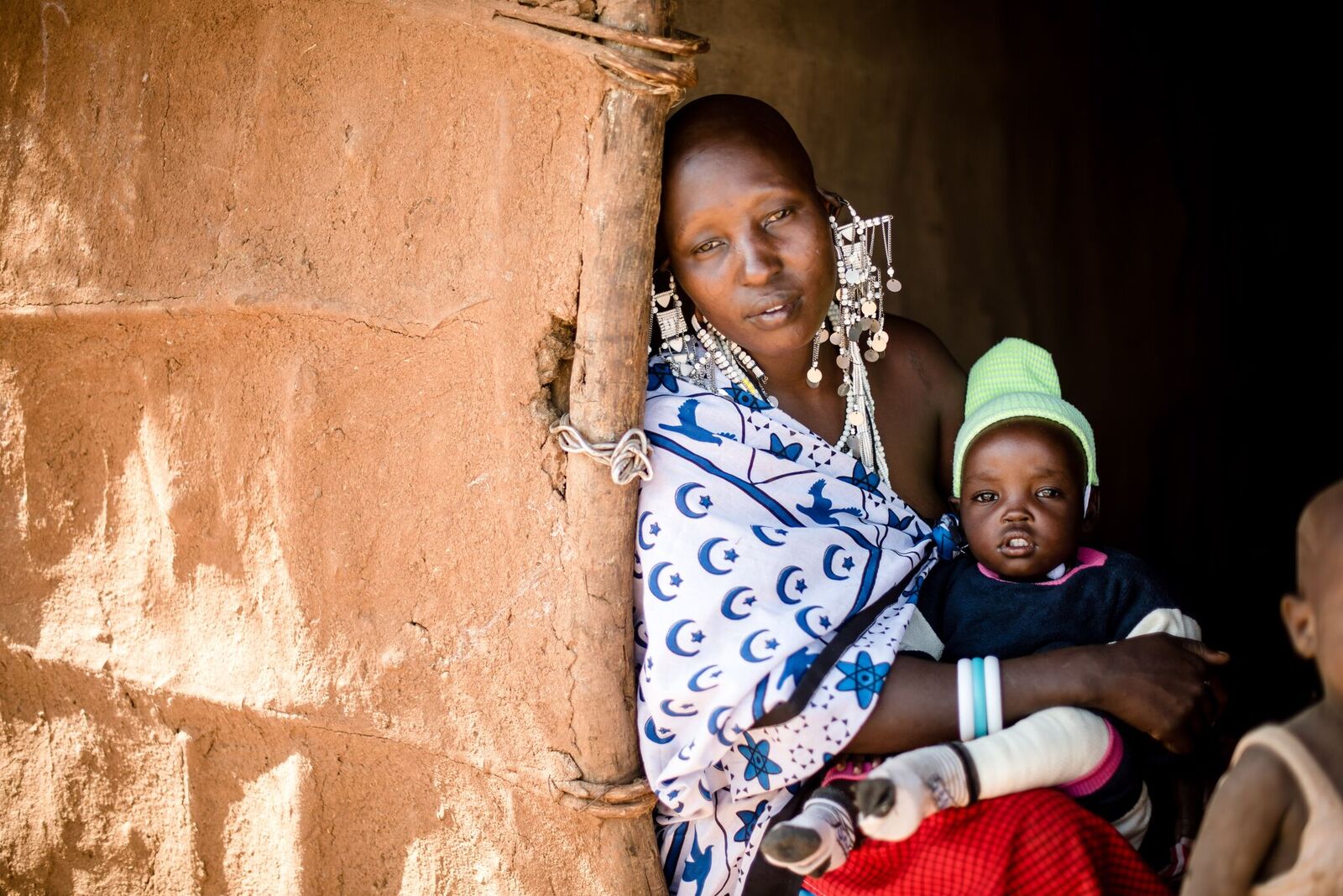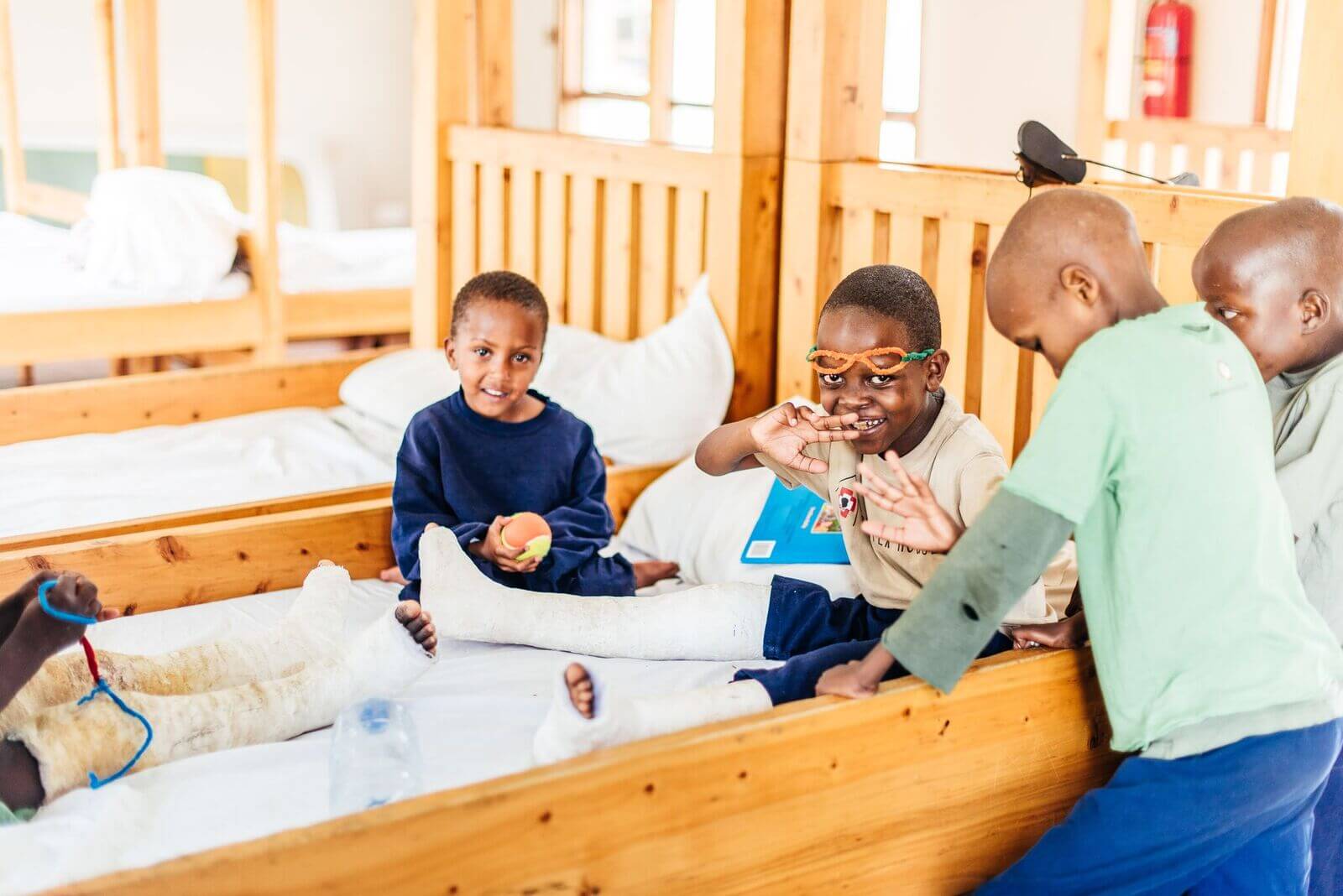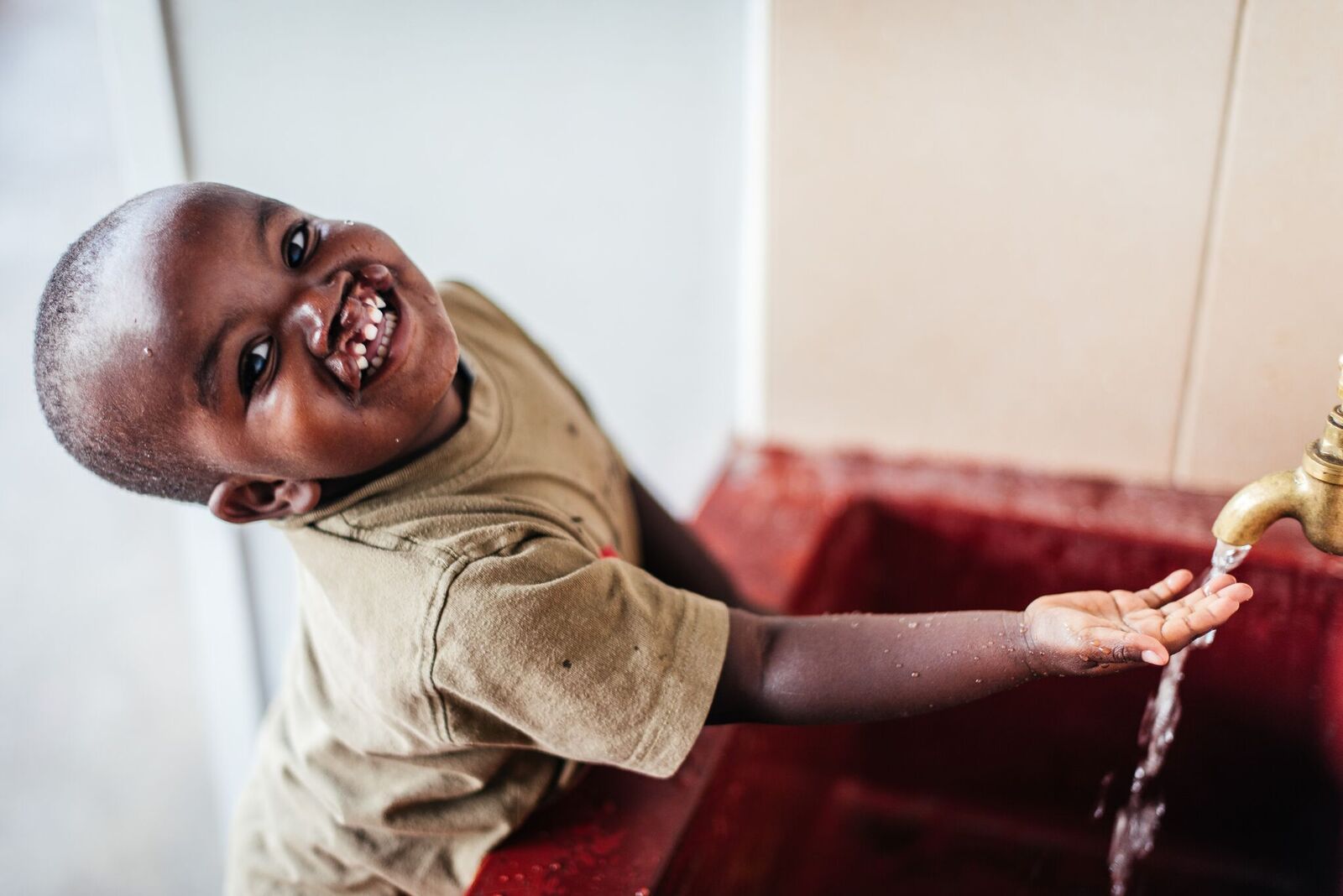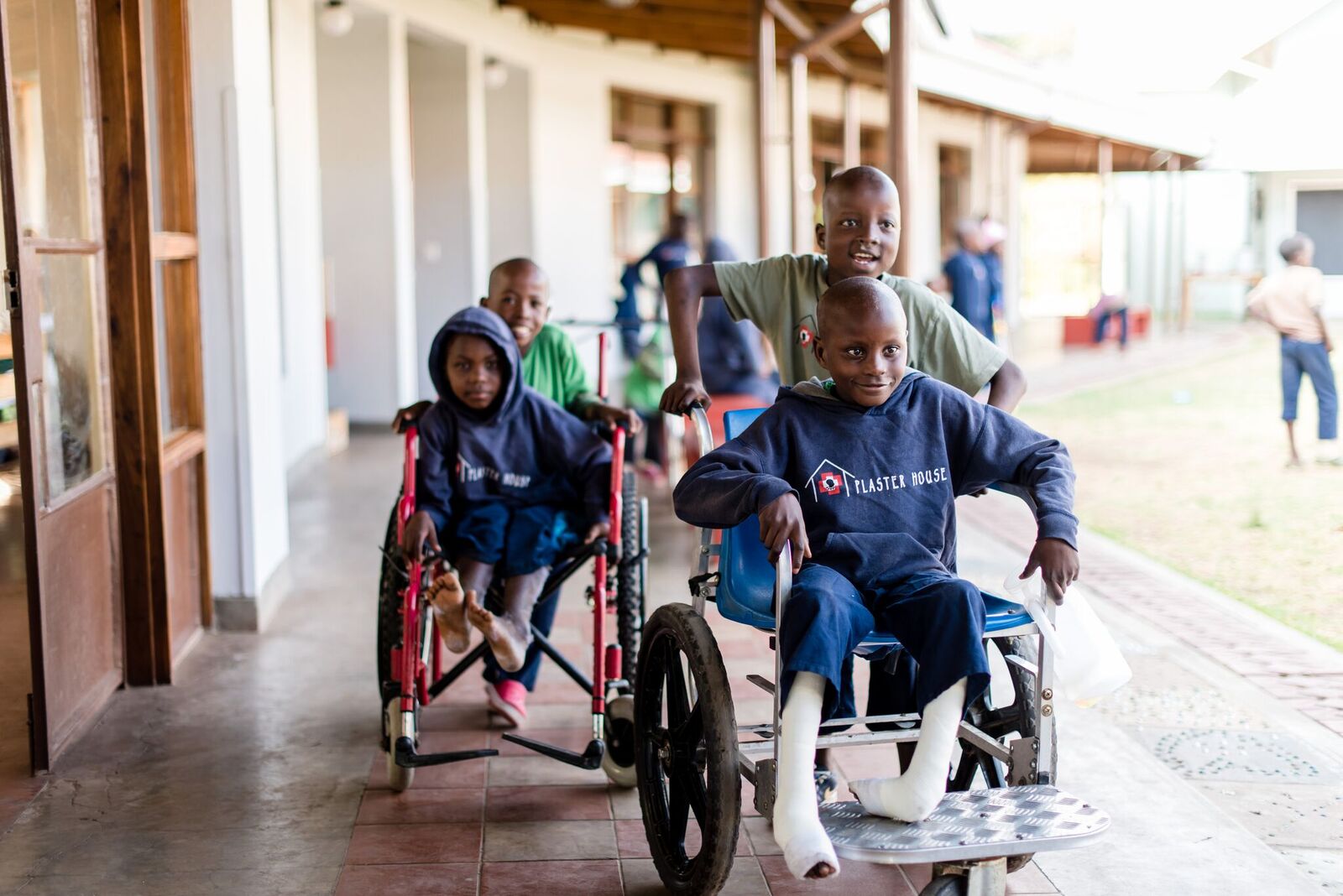“A delivery? Do you have a donation to deliver?” Sarah asked with her phone pressed between her shoulder and ear, shifting gears with her left hand and steering her Jeep wheel with the right.
“A delivery of rice? Did you say rice?”
She turned the corner. “I can’t hear you, sir. Oh! A baby? You need to deliver a baby?”
Sarah glanced at us in the backseat. This wasn’t the first time she’d had this conversation.
“I can’t deliver your wife’s baby, sir. I’m not a doctor.”
For Sarah, these phone calls are routine. “I have no idea how they get my cell phone number,” she told us, laughing. “But they all do.”

It’s not surprising that they look to Sarah for help. An Australian native, Sarah has lived in Arusha, Tanzania for 13 years. She began as a volunteer with the Arusha Lutheran Medical Center (ALMC) and never left, marrying a fellow volunteer and raising their three daughters in Arusha.
While at ALMC several years back, Sarah noticed something. Children who received surgery were often given detailed recovery plans upon discharge - sometimes spanning months, and including complicated daily regimens that were difficult to follow at home. Children with clubfoot, for example, had to undergo physical therapy and cast changes but their parents could not afford weekly trips from their village back to the hospital.
In villages lacking clean water and basic sanitation, the children were at high risk for post-surgical infection. So despite having received the surgeries they needed, they would regress.

A few miles from ALMC on a patch of beautiful land at the base of Mount Meru, Sarah began to change that. With a clear need established, and a whole lot of heart, Sarah got to work on the Plaster House.
Now, eight years later, Plaster House is home to over 120 children, 30 mothers, 10 house moms, full-time occupational therapists, volunteers, and - of course - Sarah. Children can stay at the Plaster House for as long as they need to recover, sometimes weeks, months, or even years. Daily school lessons are offered, in addition to three meals a day. But with only 48 beds, most children end up sleeping two to a bed -- one at the head, and one at the foot.


So much about the Plaster House is groundbreaking. But perhaps what's most incredible is the intangible -- the energy and warmth of the community. Children run around smiling, holding hands. Little boys with long leg casts push each other in wheelchairs, older girls sit on the front lawn and play games, and groups of kids draw together in the classroom. Mothers carry their babies across the front lawn to visit the occupational therapists, and the kitchen staff out in the distance prepares the next meal.
For most of these children, being at the Plaster House is the first time they meet others with disabilities like their own. In their villages, they can be looked down upon or seen as cursed. But at the Plaster House, they become part of a supportive, unified community. For many, this in itself is life-changing.


“How do families hear about the Plaster House?” I asked Sarah one afternoon.
It spreads through the community like a story, she explained. Children return home to their villages healthy, so their families will bring the other children in for care. Tanzania has a long history of aid organizations making false promises, so skepticism and distrust prevents many from believing that any organizations offering free care will actually help.
They come through the front gates of Plaster House - sometimes from hundreds of miles away - and they say: “Plastah? Is this Plastah?”
And as long as they keep coming, Sarah will keep going.
Katya Lavine
I manage medical partnerships @ Watsi